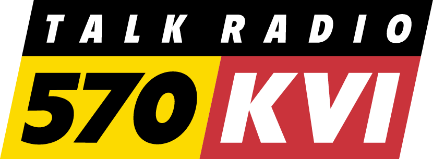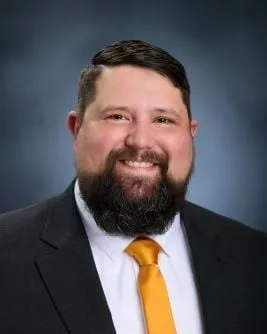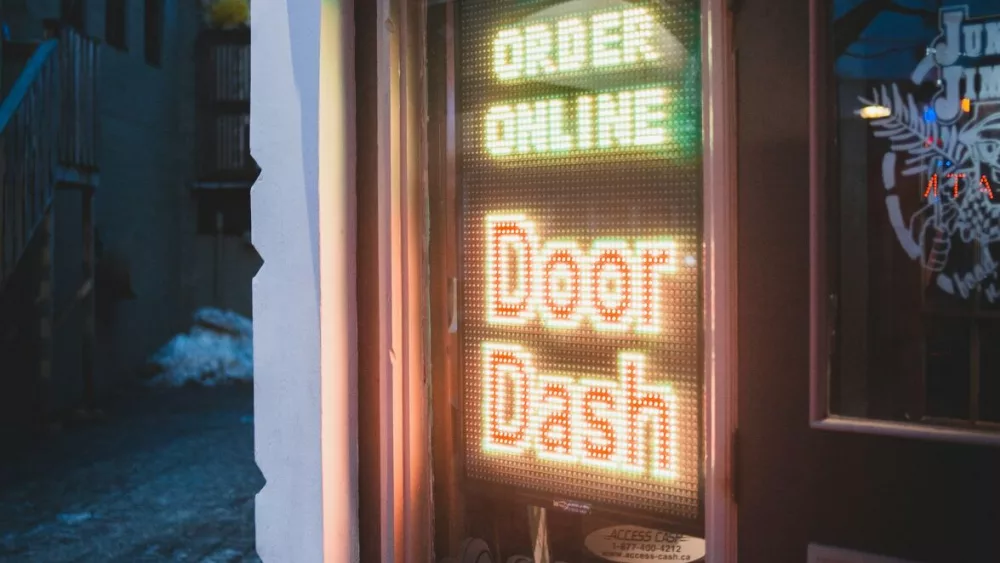(The Center Square) – Initiative 2109 to the Legislature to repeal Washington state’s capital gains tax would blow a hole in the state’s basic education funding, according to an analysis by the state Department of Revenue. Others discount the estimate as a “scare tactic.”
DOR’s analysis concluded that the passage of I-2109 would result in a reduction of more than $5.6 billion in funding for early learning, childcare and K-12 education programs in the state by 2029.
“That figure is even worse than we thought,” Senate Majority Leader Andy Billig said in a news release. “The initiative would reduce K-12 funding and devastate early learning and childcare programs relied on by families across Washington.”
The Spokane senator went on to say, “For many parents, these programs are essential in order for them to have a family and a career. For businesses, these programs are essential to meet their workforce needs. For kids, early learning is the best way to get a productive and healthy start to their education and their life.”
The capital gains tax – a 7% tax on the sale of financial assets like stocks and bonds – impacts a small number of people in the Evergreen state, Billig observed.
“The capital gains tax is paid by only about 3,300 of the richest households in our state,” he said, “but all 8 million Washingtonians feel its benefits every day.”
According to Liv Finne, director of the Center for Education at the free market Washington Policy Center think tank, money is not the problem when it comes to Washington’s basic education system.
“The Democrats often threaten to cut funding to the public schools as a scare tactic,” she emailed The Center Square. “These are empty threats. The Legislature never cuts funding to the public schools. It always directs the growth in state revenue from existing taxes to increase spending on the public schools.”
State spending on K-12 schools has doubled in the last 10 years, from $15 billion in the 2013-15 state budget to more than $30 billion in the current 2023-25 biennium.
“More money to the public schools does not help students,” Finne continued. “Decades of increasing public school funding has not improved student test scores in math and reading. They remain stubbornly flat.”
The nonpartisan Washington State Institute for Public Policy came out with a report late last year that found average math and English Language Arts test scores for Washington students were lower in 2022 than average scores before the pandemic, and math scores fell more than ELA scores.
“What students need is school choice,” Finne advised. “Students need a publicly-funded private school option if their public school is underperforming.”
She concluded, “The public schools don’t need more money. They need competition from school choice. The research shows school choice improves the quality of education individual students get, and it creates incentives for traditional public schools to improve.”
In December, voter advocacy group Let’s Go Washington turned in nearly 420,000 signatures in support of I-2019, with the measure being certified by the Secretary of State’s Office in January.
If I-2109 is rejected by the Legislature or the Legislature takes no action by the end of the session on March 7, the secretary of state will certify the initiative for the November general election. The Legislature may also pass an alternative proposal to accompany I-2109 on the ballot.





